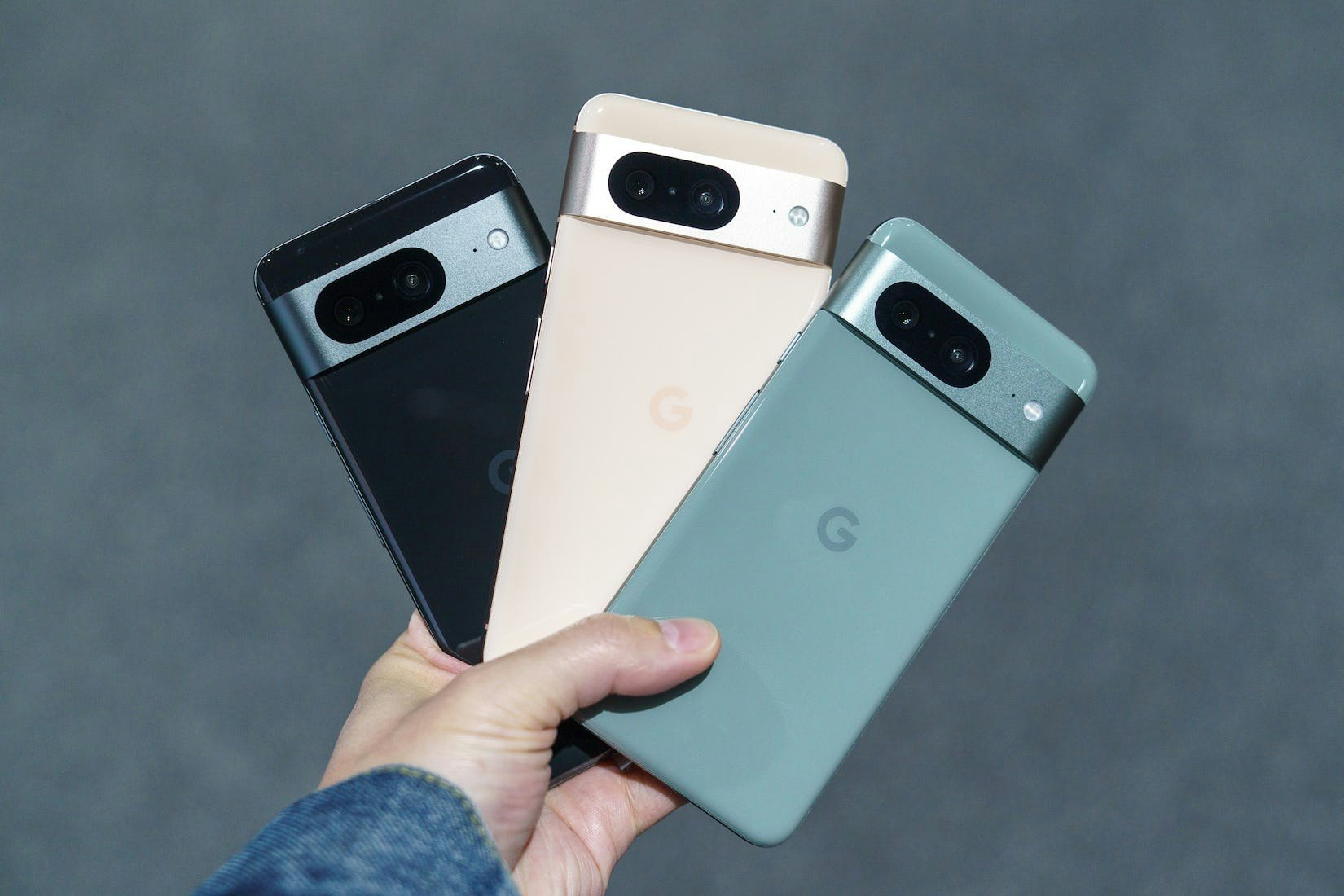
When it comes to adopting AI, Google has been anything but shy. So when Bard — its rebuttal to OpenAI’s ChatGPT — showed up on the scene, it was only a matter of time before we started to see its impact on everything the tech giant touches.
When I say everything, I mean everything. Photos, search, work apps, and now, one of its most important pieces of hardware: the Pixel phone.
And yeah sure, at this point in the generative AI craze, chatbot integrations are pretty standard. But this isn’t just any tie-in, this is your smartphone, the thing your eyes are likely glued to as you read these words. That means one thing: buckle up, kiddos, because chatbots are coming to a device near you.
Assistant with Bard
It all starts with Assistant with Bard — a newly announced “experiment” that combines Google Assistant and the generative capabilities of Bard. Like Microsoft’s Copilot, Google envisions Assistant with Bard as a deep integration that controls your entire Pixel experience.
That means a lot of things in a lot of different contexts. If you’re browsing your email, you can ask Assistant with Bard to summarize text for you. If you want to post a photo to social media, Assistant with Bard has your back. If you want to plan a little getaway with Google Maps and a chatbot-enabled itinerary... you get the point.

Then there’s the truly generative aspect. Watching Google’s generative AI slot its way into impressive computational photography features like Magic Eraser — literally erasing aspects of photos and generating entirely new pixels in their stead — it’s not hard to see why Google is hitching the Pixel phone experience to Bard and technology like it.
To be clear, Assistant with Bard isn’t confined to just Pixel devices, it’s an app that will soon be available on both Android and iOS devices. But it’s clear that Google sees the generative AI as being central to the Pixel experience in the same way Microsoft sees Copilot as the new way to use Windows 11.
Yes, OpenAI already has a ChatGPT app that you can on your iOS or Android device right now, but there’s a major difference: OpenAI doesn’t make smartphones, but Google does.
A tighter integration between chatbot, platform, and hardware opens up a world of possibilities for what Google can have Assistant with Bard do. On one hand, it’s exciting — I’m all for offloading the drudgery of having to parse long emails or navigating between different apps.
But there’s still a big, open question, and perhaps the most important one of all. Does anyone want to use their phone this way?
Oddly familiar
If you’re looking at the idea of Assistant with Bard and thinking: “Wow, this whole concept seems oddly familiar,” I’m here to ensure you that you aren’t making things up.
Once upon a time, voice assistants were poised to take over the world. It’s why Amazon shoved Alexa into every conceivable piece of hardware that it churned out. It’s why smart homes even exist in the fashion that they do today.
Several years down the road of that rosey vision of our voice assistant revolution, AI-enabled voice computing hasn’t been quite as revolutionary as we were led to believe. For one, AI hit a bit of a wall. Turns out that understanding commands and the intricacies of human speech and then manifesting those prompts into actions is a difficult thing for AI to do.
As a result, voice assistants have been frustrating partners in computing when it comes to carrying out tasks beyond setting timers or turning lights off or on. But Google, Amazon, and Microsoft (with the help of OpenAI) have identified what they perceive as the catalyst for bringing assistants to the next level: generative AI.

And some of the results do look promising. Generative AI is far more capable of understanding complex commands which could theoretically solve some of the voice assistant woes. But it’s not just about sophistication, it’s about perception.
Google — like Amazon and Microsoft — has work to do convincing users that the promised revolution is here and that shouting at your phone or prompting it via text is actually less of a headache. Just like Microsoft has to “un-Google” the way we search with next-gen Bing, Google has to change the way we think about using our smartphones.
That’s a tall order for any tech company, but this is Google after all, and tall order or not, it’s impossible to count it out.
Bard incoming
If you’re itching to see how the alleged generative AI revolution on smartphones manifests, you won’t have to wait very long. Google says it’s preparing to test Assistant with Bard to “early testers soon.”
From there, it’s eyeing a fuller public release in the next few months. You’ll have to make up your own mind on whether having generative AI commandeer your smartphone experience is a good thing or a bad one, but in many respects, our fate is a done deal.
If Bard, ChatGPT, and Apple’s nebulous commitment to experimenting with generative AI is any indication, chatbots are well on their way to coming to your phone whether you need it or not.







